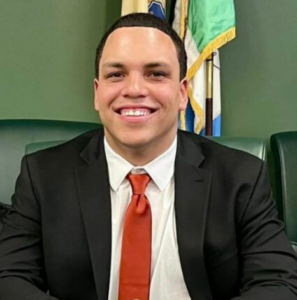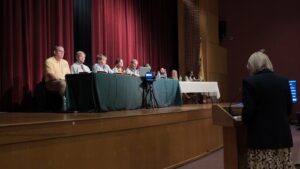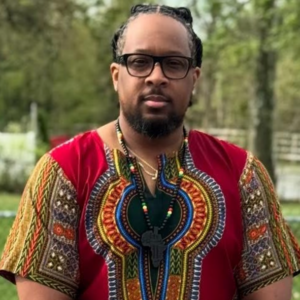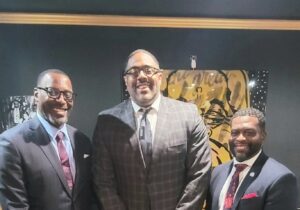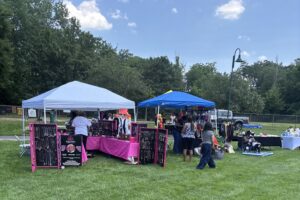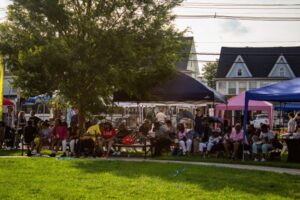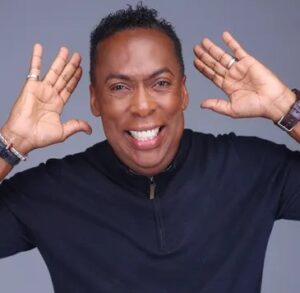Diverse Voices: Time Has Come for Indigenous Peoples Day
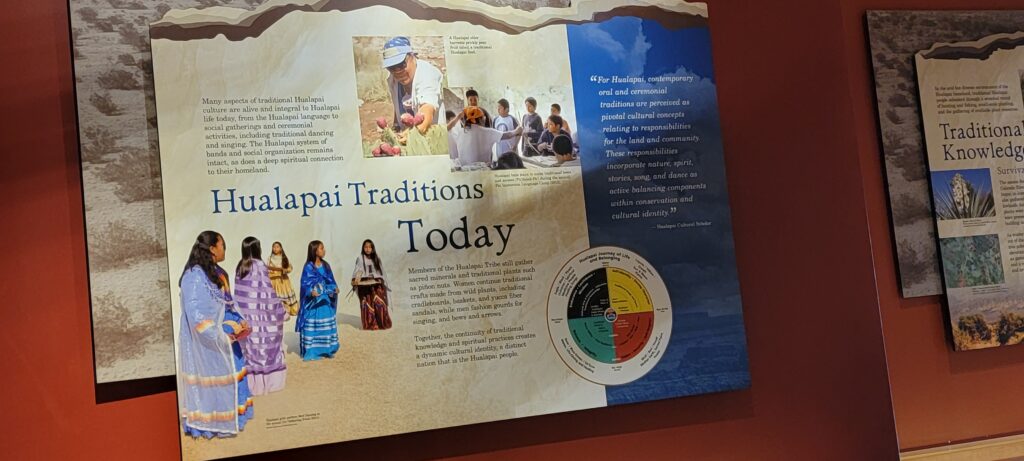
Photo by Meredith Winner, Mer-Made Photography
OP-ED
By Shelja Touri | AC JosepH Media
Celebrations of Columbus Day have taken place in the United States since the country’s inception, as a way to recognize the man who supposedly ‘discovered the New World.’
The first recorded celebration occurred on Oct. 12, 1792, the 300th anniversary of his landing. However, starting in the 1990s, several states began to observe Indigenous Peoples Day instead, which is dedicated to celebrating the culture and history of those who inhabited the Americas before and after the arrival of Columbus. This is a problem that Columbus Day poses, but why exactly?
In 1980, San Francisco witnessed an act of vandalism targeting the statue and monument erected in honor of the explorer Christopher Columbus. The defacement included anti-Columbus slogans and graffiti. The incident was captured in a photo taken by Nik Wheeler/Corbis.
With the word ‘murderer,’ vandals deface the statue of Christopher Columbus.
Indigenous people often question the validity of Columbus Day, as the holiday invokes controversy. This stems from Columbus being seen as a colonizer, not a pioneering discoverer. His arrival resulted in taking land by force, which ultimately led to countless deaths and the dismantling of Indigenous cultures.
Indigenous Peoples Day — its origin is what many may wonder about. The year was 1990 when South Dakota, currently boasting the third-highest number of Native Americans in the nation, achieved the groundbreaking accomplishment of being the inaugural state to formally proclaim a day in honor of the Native American community.
This commemorative day is often referred to as Indigenous Peoples Day, an alternate designation that has been embraced in several other regions around the country.

Recognizing Indigenous Peoples Day has become a popular trend in the United States, with more than a dozen states and the District of Columbia jumping on board. Alabama, Alaska, Hawaii, Idaho, Iowa, Louisiana, Maine, Michigan, Minnesota, New Mexico, North Carolina, Oklahoma, Oregon, South Dakota, Vermont, Virginia and Wisconsin are just a few of the states getting in on the action.
Things shift by celebrating Indigenous Peoples Day. But how? The answer lies in the reflection of Native American cultures and their history. It marks a recognition of their presence, customs, art, and language. It’s a call to everyone to shed light on their contributions to humankind and honor their struggles and triumphs.
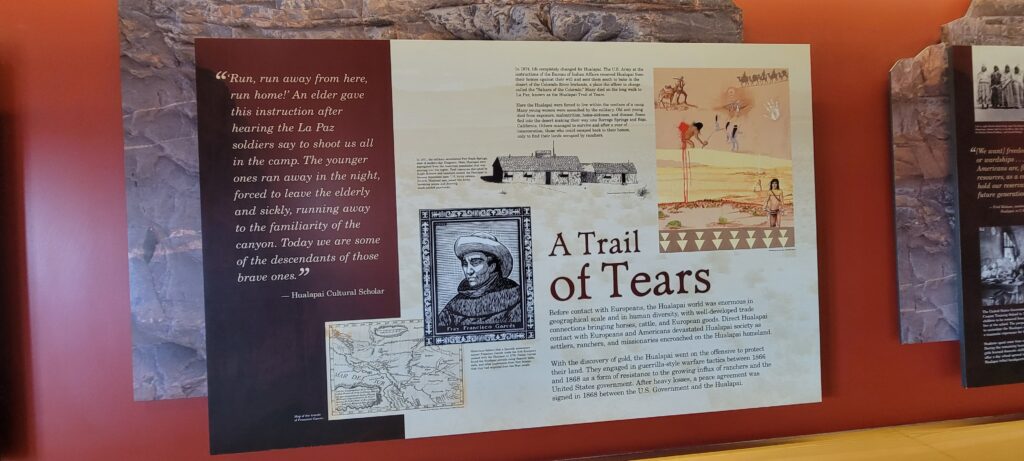
It pushes us to confront a past and present that has marginalized and infringed upon their rights. By dedicating a day to acknowledge and celebrate indigenous people every year, we take a step closer to promoting understanding, respect, and equality.
The arrival of Columbus tells a “sanitized” story, erasing any impact on Indigenous peoples. Educators can use Indigenous Peoples Day as a moment to revamp how they teach Columbus’ landing. The day offers a chance to mend the disparities between the conflicting perspectives.
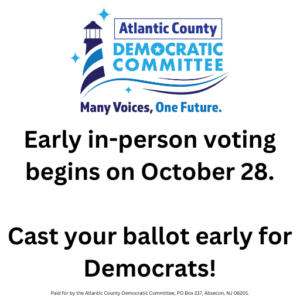
Throughout the school year, it’s evident that numerous educational institutions fail to accurately portray Indigenous peoples within their history curriculum. Even on Indigenous Peoples Day, the issue persists. Recent studies have exposed that from grades K-12, schools tend to present Native Americans solely as a thing of the past.
However, modifying the curriculum to incorporate not only the past but also the present histories and tales of Native people could help educate students with more precision on their traditions, histories, and cultures.
Many New Jerseyans are not even familiar with whose land they are on. The rich history of New Jersey is often left out of the curriculum and praised as a leading one across the nation and with continued distractions from other states there never seems to be enough respect to prioritize the Lenni Lenape People despite having a seat at the legislative table.
Is any resistance encountered?
Communities across the nation haven’t exactly embraced the changing of Columbus Day to Indigenous Peoples Day. In Parsippany, parents had a lot of reservations when the local school board voted to institute Indigenous Peoples Day instead of Columbus Day. They believed that there was a lack of community feedback, that it wasn’t a suitable way to honor the legacy of Italian immigrants and that Columbus himself deserved a more “equitable” appraisal.
Consequently, the school board excised the names of all holidays from the calendar so they’re now referred to as “days off.”
Indigenous Peoples Day resources
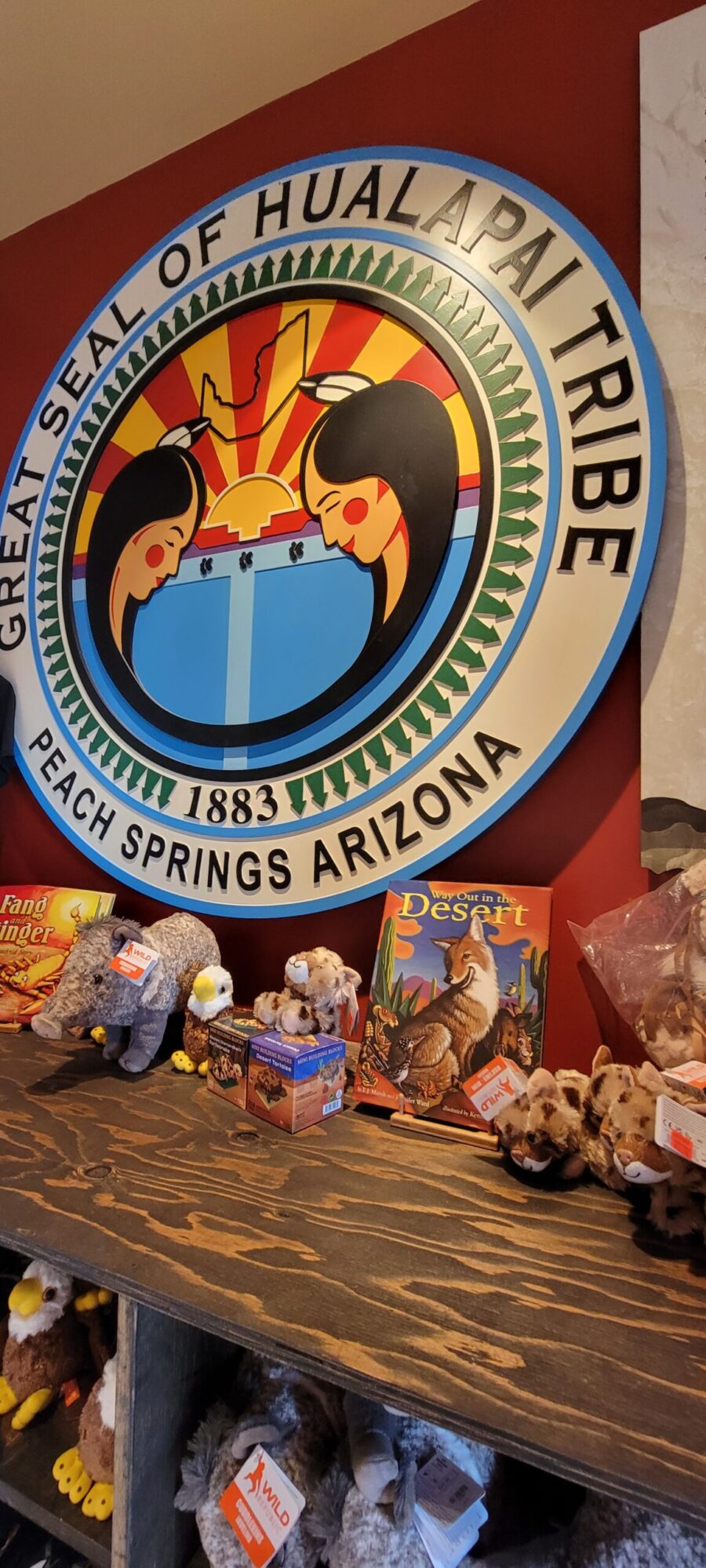
To gain a unique perspective on the arrival of Christopher Columbus and the role of Indigenous peoples in the creation of the United States, check out “Lies My Teacher Told Me About Christopher Columbus” by sociologist James Loewen and “An Indigenous Peoples’ History of the United States for Young People” by historian Roxanne Dunbar-Ortiz.
These books are great resources that discuss the often-overlooked impact of the arrival of Columbus on Indigenous peoples, and also the missing information surrounding Indigenous peoples’ influence on the founding of the United States. Rarely taught in primary and secondary education, it’s beneficial knowledge to have.
Included among the available resources from organizations that promote awareness of Native American culture and history are Learning for Justice, the National Museum of the American Indian, and IllumiNative.
These resources encompass a selection of sample lesson plans, books, and videos that showcase the diversity of the Native American populace and tribal communities.
Through one such lesson plan provided by IllumiNative, students are encouraged to gain insight into the significance of Indigenous Peoples Day, whilst discovering ways to pay homage to and preserve the environment’s natural resources. Such valuable lessons aptly acknowledge the significance of protecting the land, air, and water for the economic self-sufficiency and self-determination of Native nations.
ABOUT AUTHOR: Shelja Touri is an Australian migrant, an award-winning diversity and inclusion champion from Burlington County and a community leader. She’s an activist & a speaker with an academic background in social work that drives her passion for equity amongst the communities of color. She is the executive director and founder of the Diversity and Equal Opportunity Network and the current secretary and community outreach for Southern Burlington County NAACP’s since February 2023.
Follow Us Today On:
Note from AC JosepH Media: If you like this story and others posted on Front Runner New Jersey.com, lend us a hand so we can keep producing articles like these for New Jersey and the world to see. Click on SUPPORT FRNJ and make a contribution that will go directly in making more stories like this available. Thank you for reading.


